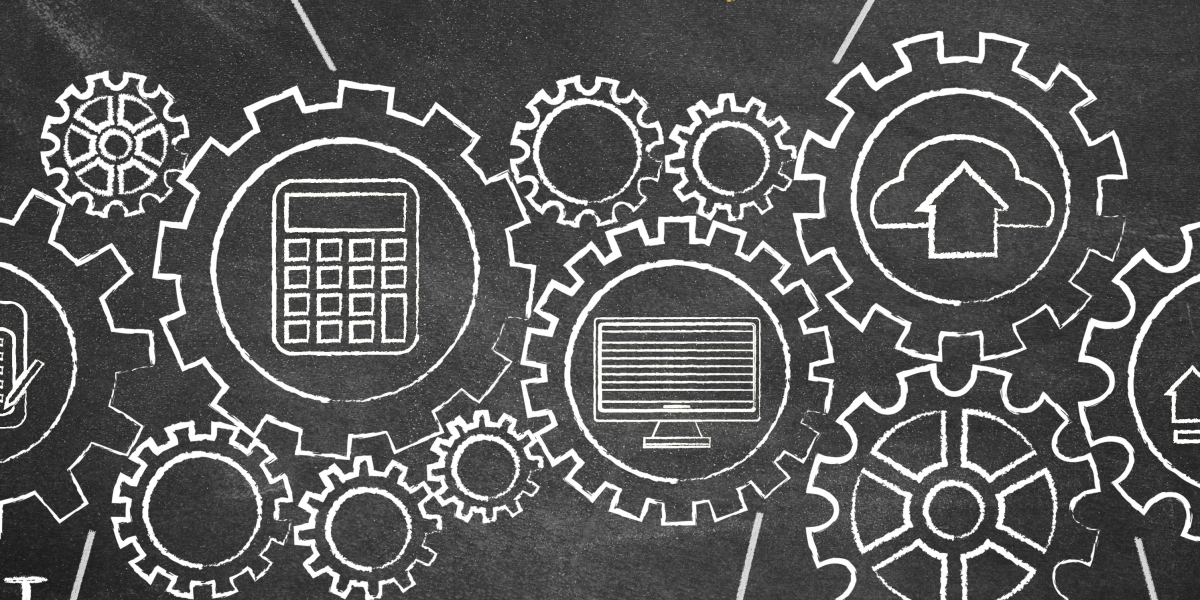The term "dark web" evokes intrigue and apprehension, often associated with illicit activities and anonymity. This article aims to demystify the dark web, examine its functionalities, discuss its impact on society, and explore the measures taken to regulate and monitor this hidden corner of the internet.
Understanding the Dark Web
The dark web refers to a part of the internet that is not indexed by traditional search engines and requires special software, such as Tor (The Onion Router), to access. It operates on encrypted networks that obscure users' identities and activities, fostering an environment of anonymity.
Myths vs. Realities
- Myth: The Dark Web is Exclusively for Criminal Activities
- Reality: While the dark web hosts illegal marketplaces for drugs, weapons, and stolen data, it also serves legitimate purposes, such as privacy-focused communication, whistleblowing, and accessing information in censored regions.
- Myth: It is Impossible to Monitor or Regulate
- Reality: Law enforcement agencies and cybersecurity experts actively monitor the dark web to identify criminal activities. Efforts include infiltrating criminal networks, shutting down illegal marketplaces, and arresting perpetrators.
- Myth: Everyone on the Dark Web is Anonymous
- Reality: While users can maintain anonymity through tools like Tor, law enforcement agencies have developed techniques to trace illegal activities and identify individuals engaging in criminal behavior.
Functions and Activities
- Marketplaces: Illegal goods and services, including drugs, counterfeit currency, stolen data (such as credit card information), and firearms, are bought and sold on dark web marketplaces.
- Communication: Whistleblowers, journalists, and activists use the dark web to communicate securely and protect their identities when exposing corruption or human rights abuses.
- Privacy Advocacy: The dark web supports privacy-focused initiatives and technologies, offering a platform for individuals concerned about surveillance or censorship.
Impact on Society
The dark web's influence extends beyond criminal activities:
- Cybersecurity Concerns: Data breaches and stolen information sold on the dark web contribute to cybercrime, impacting businesses and individuals worldwide.
- Legal and Ethical Issues: Debates arise regarding the balance between privacy rights, freedom of speech, and the prevention of illegal activities facilitated by the dark web.
- Global Security: Law enforcement agencies collaborate internationally to combat transnational crime networks operating through the dark web, addressing threats to national security and public safety.
Regulation and Law Enforcement
Governments and international organizations employ various strategies to regulate the dark web:
- Legislation: Laws are enacted to prosecute individuals involved in illegal activities on the dark web, emphasizing international cooperation to enforce cybersecurity regulations and combat organized crime.
- Technological Solutions: Cybersecurity experts develop tools and techniques to monitor, detect, and mitigate threats posed by dark web activities, enhancing digital security measures.
- Public Awareness: Education campaigns raise awareness about the risks associated with the dark web, encourage responsible internet use, and promote cybersecurity best practices among users.
Conclusion
The dark web represents a complex landscape with both legitimate and illicit activities, challenging traditional perceptions and raising significant societal concerns. By understanding its functionalities, separating myths from realities, and addressing its impact on cybersecurity and global security, stakeholders can collaborate to mitigate risks, uphold ethical standards, and safeguard digital landscapes from criminal exploitation. Through proactive regulation, technological advancements, and public education, we can navigate the complexities of the dark web while striving to maintain a secure and ethical internet environment for all.







